“Artificial intelligence Advantages and Disadvantages” used to sound like something from a Science fiction, movie. But now, it’s in our phones, cars, homes, and even the coffee shop drive-thru. You’ve probably used AI today without realizing it whether it was asking Alexa about tomorrow’s weather or letting Spotify queue your next favorite song.
In this guide, I’m breaking down artificial intelligence advantages and disadvantages in plain English, with relatable stories and no tech jargon overload. You’ll learn where AI can save time, how it’s changing entire industries, and yes, the tricky downsides we can’t ignore. By the end, you’ll know exactly how to use AI to your benefit without letting it run the show.
| Advantages of Artificial Intelligence | Disadvantages of Artificial Intelligence |
|---|---|
| Reduces human error | Lacks human creativity and emotional intelligence |
| Enhances decision-making | Risk of job displacement |
| Works 24/7 without fatigue | Privacy and security concerns |
No 1. Understanding Artificial Intelligence Without the Jargon
Think of AI as a really fast, data-crunching helper that learns from experience just like people, only way quicker and without coffee breaks. It powers Google Maps when it finds you a shortcut, Netflix when it knows you’ll like that new drama, and even your email’s spam filter.
Relatable example: When I’m rushing to a meeting, Google Maps rerouting me around traffic feels like magic but it’s just AI doing its job in the background.
Friendly tip: Instead of fearing AI as a “job stealer,” see it as a power tool it won’t build the house for you, but it makes the work a lot faster.
No 2. The Big Advantages of Artificial Intelligence
AI can be a game changer in both everyday life and business.
Efficiency: It works 24/7 without breaks.
Accuracy: Detects errors humans might miss.
Speed: Analyzes huge datasets in seconds.
Personalization: Gives you that “just for you” experience.
Example: An online store using AI chatbots can handle thousands of customer questions instantly, freeing human staff for complex problems.
Pro tip: Even a small AI tool like Grammarly or ChatGPT can shave hours off repetitive tasks.
No 3. How AI Saves Time and Money
When I started freelancing, I couldn’t afford a full-time assistant. AI filled that gap answering client queries, sorting emails, and tracking invoices.
From automating inventory for small businesses to processing insurance claims in minutes, AI removes tedious work so people can focus on what matters.
Advice: Start small maybe with a free AI scheduling tool and see how much time you actually get back.
No 4. AI in Healthcare: Quietly Saving Lives
AI doesn’t just recommend movies it can literally save lives. Doctors are using it to detect early signs of cancer, predict heart problems, and suggest personalized treatments.
Real case: In one study, AI caught early breast cancer signs that even experienced radiologists missed.
This is where AI shines fast, precise, and tireless.
Read More: Is Artificial Intelligence Good for Society?
No 5. The Downsides: Where AI Gets Risky
AI isn’t all sunshine and instant answers.
Job Displacement: Some roles disappear.
Bias: AI can inherit human prejudice from bad data.
Privacy Concerns: Apps may track too much about you.
Over-reliance: We risk letting AI think for us.
Example: A hiring AI once favored male candidates because it was trained on biased historical data.
No 6. AI and Job Automation Concerns
It’s natural to worry about your job being replaced. Yes, some positions will go but others will be born. The trick is staying ahead.
Friendly advice: Build skills AI struggles with creativity, emotional intelligence, complex problem solving. Those are your “career insurance.”
No 7. The Problem of AI Bias and Fairness
If AI learns from flawed data, it’ll repeat those flaws. In hiring, that could mean favoring one group over another; in policing, it could mean unfair targeting.
The fix? Better, more inclusive training data and people willing to question AI’s decisions instead of blindly trusting them.
No 8. Privacy Issues With AI Technology
AI can get a little too curious. Some apps know your location, buying habits, and even sleep patterns.
Advice: Regularly check what permissions you’ve given apps. You might be surprised at how much they know.
No 9. Balancing AI’s Advantages and Disadvantages
Think of AI like a fast sports car: thrilling, but dangerous without a good driver. The goal isn’t banning AI it’s steering it responsibly. That means rules, transparency, and human oversight.
No 10. How to Use AI Wisely in Daily Life
Use AI to boost your work, not replace your judgment.
Double-check AI-generated results.
Share minimal personal data.
Keep learning about AI so you stay in control.
Example: I use AI to help brainstorm blog ideas but I always put my own spin before hitting “publish.”
Start Career in Motion With AI
Freelancers who embrace AI tools (like proposal generators or pricing analyzers) can work smarter and win more clients. Think of it as your silent teammate handling repetitive bits while you focus on delivering value.
Conclusion
Artificial intelligence is one of the most powerful tools we’ve ever created. It can heal, teach, connect, and inspire but it can also mislead, exclude, and overstep. The real difference lies in how we use it.
By understanding artificial intelligence advantages and disadvantages, you’re not just learning tech facts you’re learning how to shape the future. And that future can be brighter if we stay thoughtful, curious, and in control.

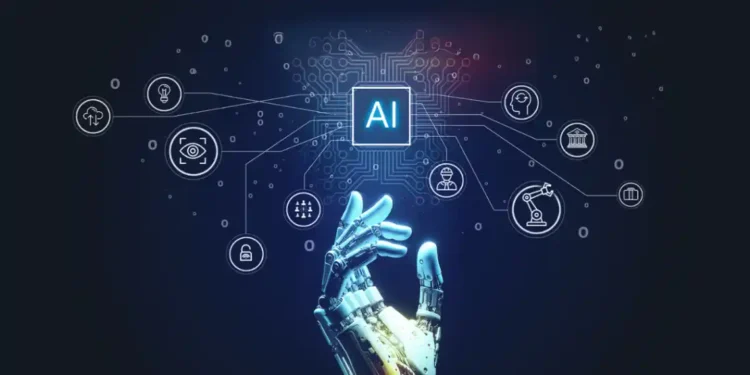
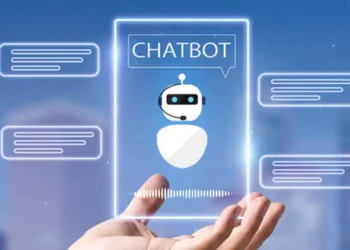
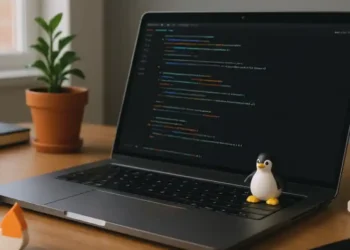


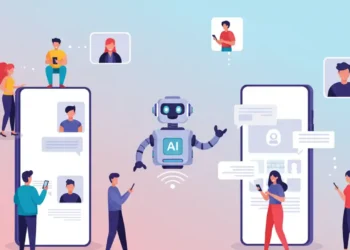
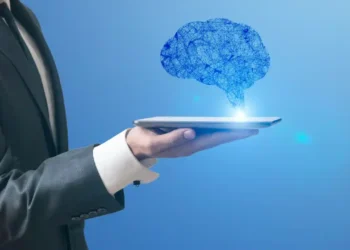






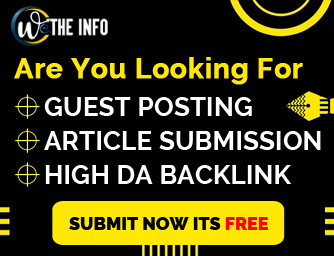

Discussion about this post